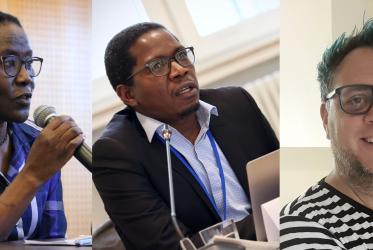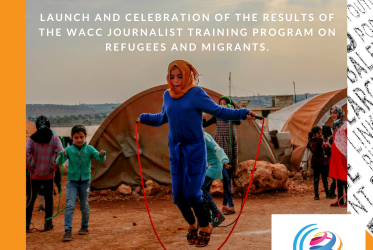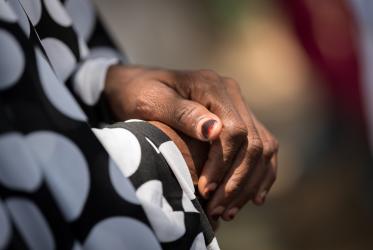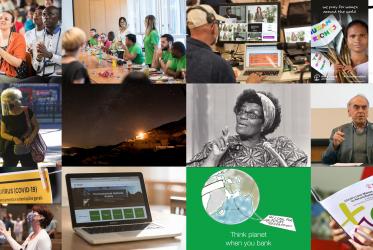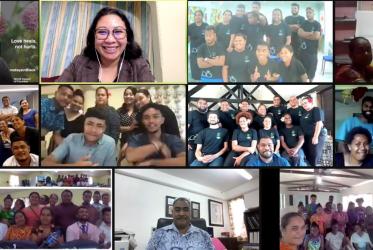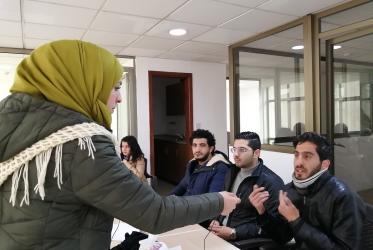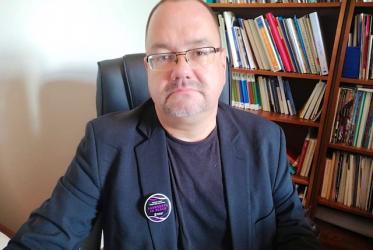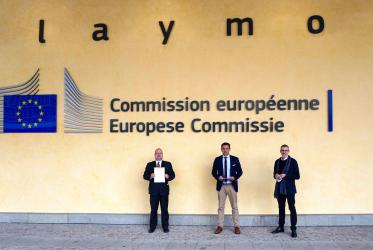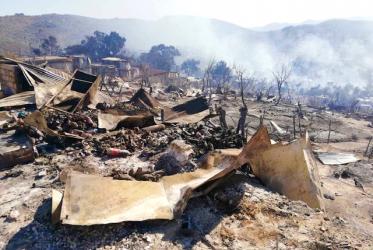Displaying 1 - 20 of 125
Migrants in Argentina find listening ears and open hearts
04 November 2022
In a COVID-stricken world, “everyone is important”
23 October 2020
Are migrants seen and heard? Conference presses the question
19 October 2020
Ecumenical statement on migration received by European Commission
25 September 2020






